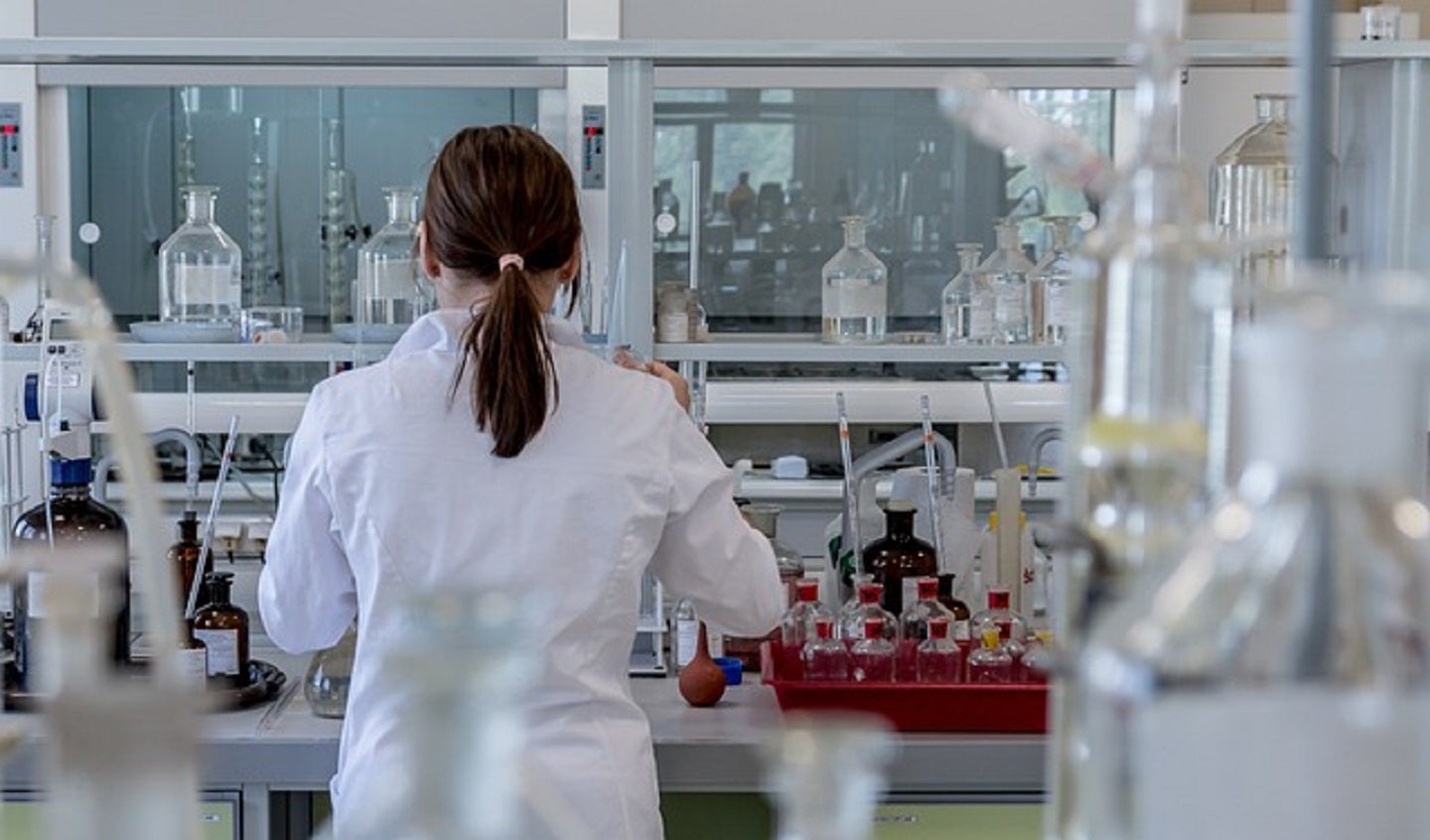
HotSpot Therapeutics has dosed the first patient in a Phase I/II clinical study of HST-1011 for treatment of patients with advanced solid tumours.
The study has been designed to evaluate HST-1011 alone and in combination with Regeneron Pharmaceuticals’ anti-PD-1 therapy, Libtayo (cemiplimab).

Discover B2B Marketing That Performs
Combine business intelligence and editorial excellence to reach engaged professionals across 36 leading media platforms.
As part of the trial, HotSpot Therapeutics signed a clinical supply agreement with Regeneron for Libtayo, a fully human monoclonal antibody.
HotSpot chief development officer Tim Reilly said: “Dosing of the first patient with HST-1011 is an important milestone for HotSpot signifying our evolution into a clinical-stage company with the first-in-human dosing of a product candidate derived from our proprietary Smart Allostery drug discovery platform.
“Importantly, we believe that HST-1011, as a highly potent and selective inhibitor of the long sought after target CBL-B, may represent an important new immunotherapy treatment option for cancer patients.”
Patients with advanced solid tumours that are relapsed on or are refractory to anti-PD(L)-1 or standard of care therapies, are enrolled for the combination therapy study.

US Tariffs are shifting - will you react or anticipate?
Don’t let policy changes catch you off guard. Stay proactive with real-time data and expert analysis.
By GlobalDataHotSpot Phase I/II clinical study principal investigator and University of Pittsburgh Medical Center’s Hillman Cancer Center, Immunotherapy and Drug Development Center director Jason Luke said: “Despite tremendous progress in the field of immuno-oncology (I-O), significant unmet need persists for patients with advanced solid tumours, as many cancers are found to be unresponsive to or lack durable responses following treatment with currently available therapies.
“We believe CBL-B’s role as a master regulator of immune cell activation presents a differentiated therapeutic opportunity.”





